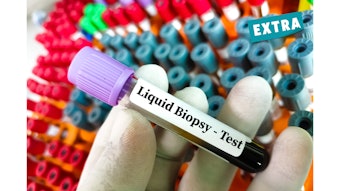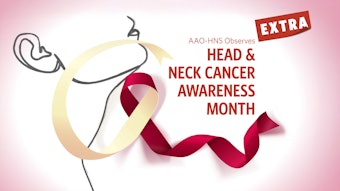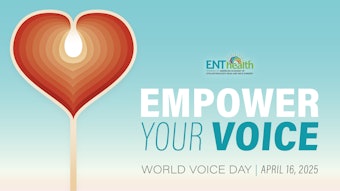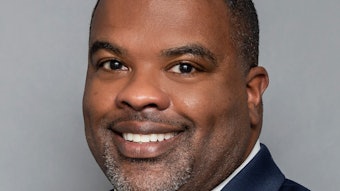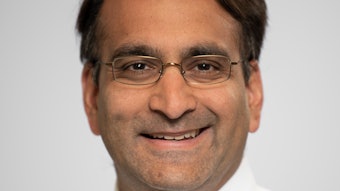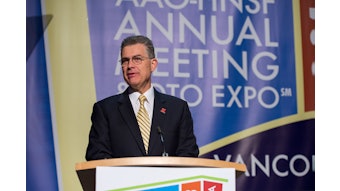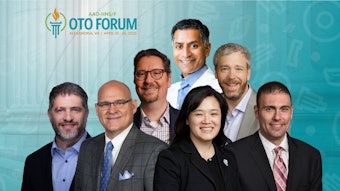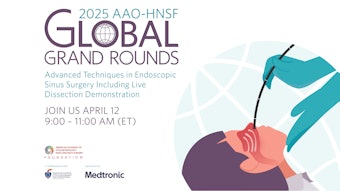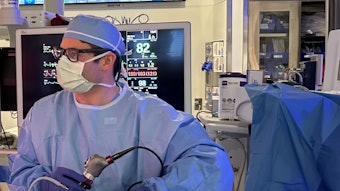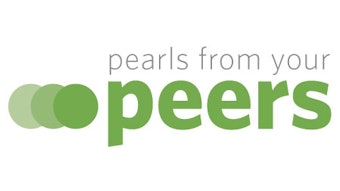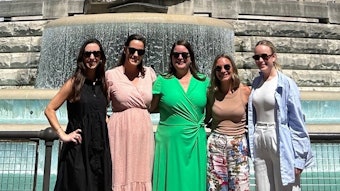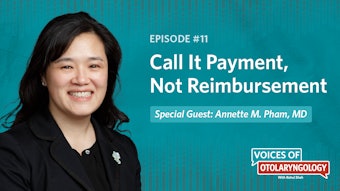Stories from the Road: Ultrasonography Course with the African Head and Neck Society
The University of Cape Town held a first-of-its-kind point-of-care ultrasonography training in December 2024.
Maxwell Kligerman, MD, MPH, and Merry E. Sebelik, MD, on behalf of the Humanitarian Efforts Committee
The African Head and Neck Society (AfHNS) was established in 2016 with the aim of fostering collaboration, education, and clinical excellence among head and neck surgeons in Africa. One common barrier to patient care in resource-constrained settings is access to affordable and timely imaging studies. Point-of-care ultrasonography (POCUS) has been shown to increase access to diagnostic imaging, reduce delays in care, and improve health outcomes.
In December 2024, the AfHNS organized one of its first in-person symposiums since the COVID-19 global pandemic. We were absolutely delighted when the AfHNS and symposium organizers at the University of Cape Town (UCT) reached out to extend an invitation for our team from Emory University in Atlanta, Georgia, to help organize a dedicated head and neck POCUS course as part of this larger symposium.
Location and Need
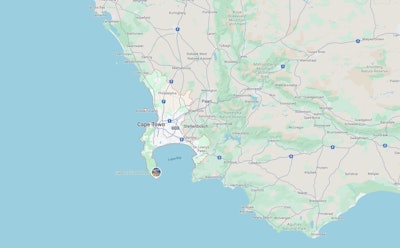
Specialty-specific POCUS training has been difficult to access in Sub-Saharan Africa. To combat this challenge, the AfHNS organized its first POCUS training course in May 2018 in Accra, Ghana. This was followed by an American College of Surgeons exported course in December 2018 at UCT, and a subsequent course at the annual AfHNS meeting in Harare, Zimbabwe, in 2019. The initial training courses were a huge success; however, owing to the COVID-19 pandemic, subsequent POCUS training with the AfHNS was put on hold.
Our task was to design a one-day course that could provide practical experience and insight into advanced ultrasound techniques, empowering attendees to make more precise diagnoses and optimize patient care in resource-limited settings. We quickly got to work helping to design an appropriate curriculum, recruiting vendors, publicizing the event, and designing an IRB-approved survey assessing access to ultrasound and potential utilization amongst AfHNS members.
A Head and Neck POCUS Course
 Author Maxwell Kligerman, MD, MPH, proctoring ultrasound-guided skills practice.
Author Maxwell Kligerman, MD, MPH, proctoring ultrasound-guided skills practice.
We also broke into small groups to evaluate patient volunteers with various head and neck pathologies, such as thyroid nodules, parathyroid adenomas, and salivary gland tumors. Several returning course attendees had completed prior POCUS courses. The repeat attendees, along with some excellent local radiologists, volunteered to help proctor some of the small group sessions, in turn helping promote POCUS training skills.
Overall, helping to organize the third annual AfHNS Head and Neck POCUS Course was a huge honor and a wonderful experience. In the future, we hope to focus effort more on “train-the-trainer” concepts so that the ultrasound champions among AfHNS members can independently administer the ultrasound course and promote even more sustainable learning.
Personal Reflections
 Author Merry E. Sebelik, MD, discussing ultrasound basics at the POTUS training course.
Author Merry E. Sebelik, MD, discussing ultrasound basics at the POTUS training course.
“The course was the first ultrasound skills training I’ve ever had, so for me it was a great and memorable experience. Ultrasound and FNA were demystified, and I even got to find a thyroid nodule incidentally during the practice session. Everything about the course was helpful…I now feel like I have a bit of an insider view on neck ultrasounds and can appreciate the images and not have to fully rely on the radiologist report,” said Kofi Agyeman, MD, otolaryngology resident at Korle-Bu Teaching Hospital in Accra, Ghana.
 A closeup of attendees practicing ultrasound-guided needle placement. Machines to support the course were generously provided by MindRay, Philips, and SonoScape.
A closeup of attendees practicing ultrasound-guided needle placement. Machines to support the course were generously provided by MindRay, Philips, and SonoScape.


